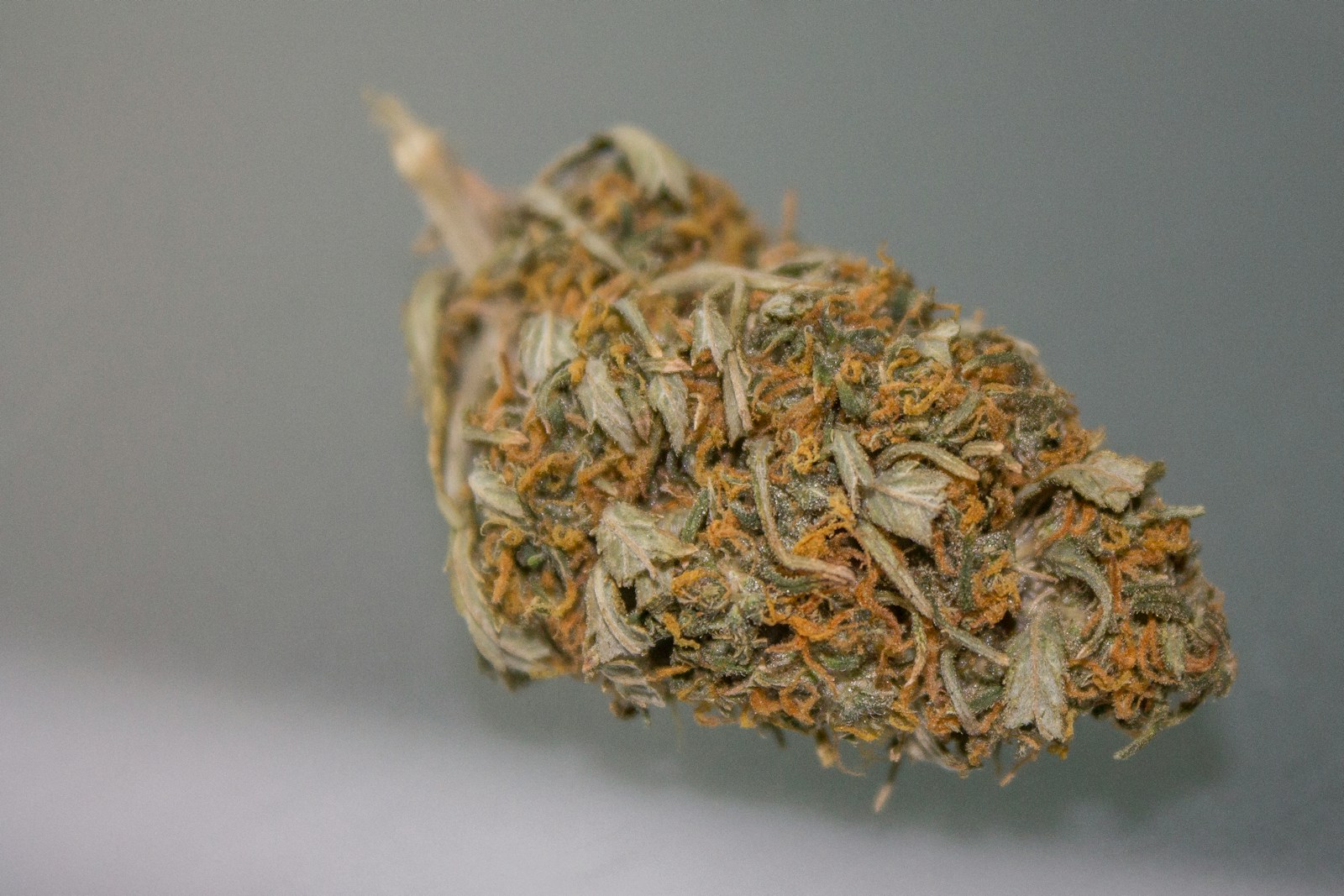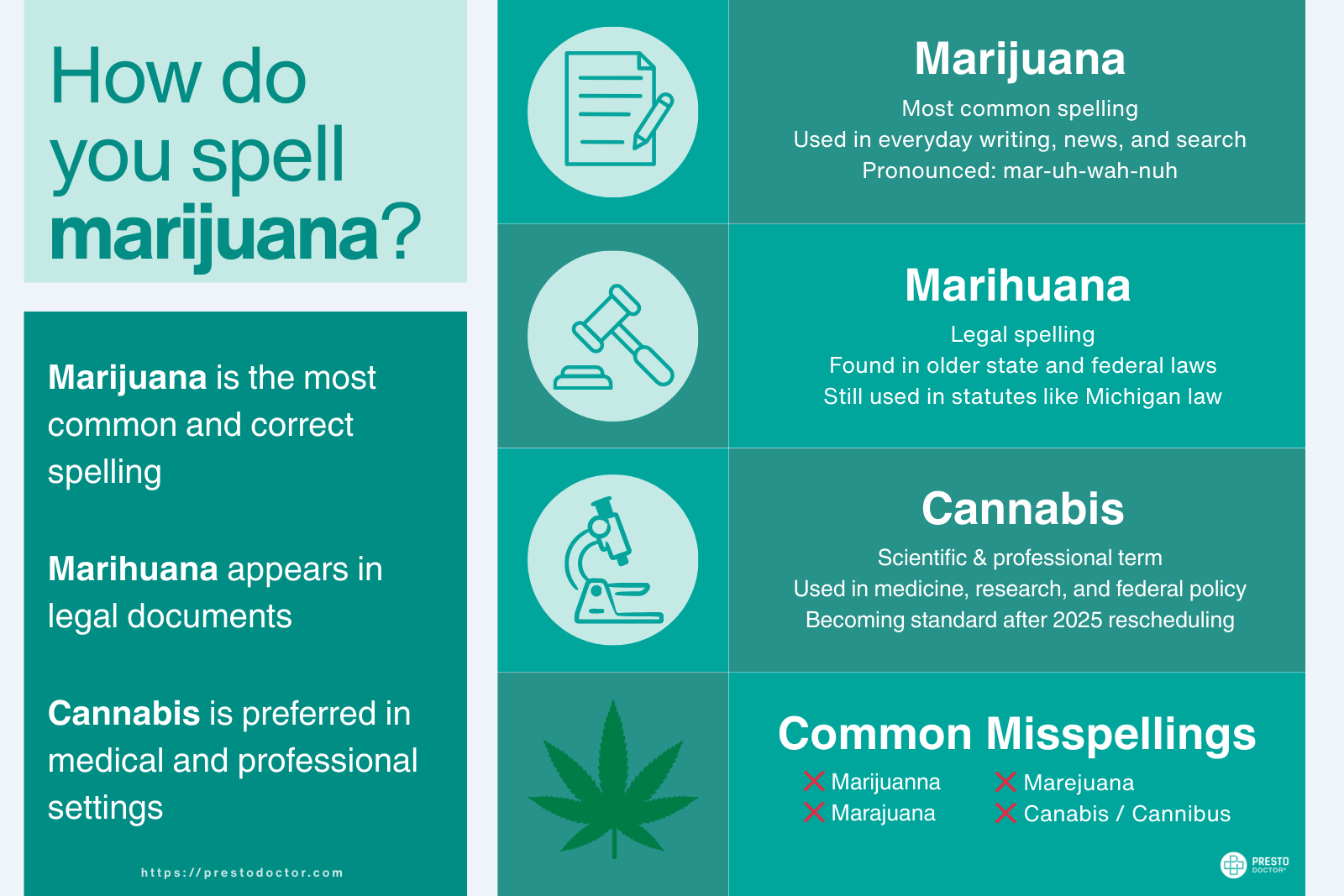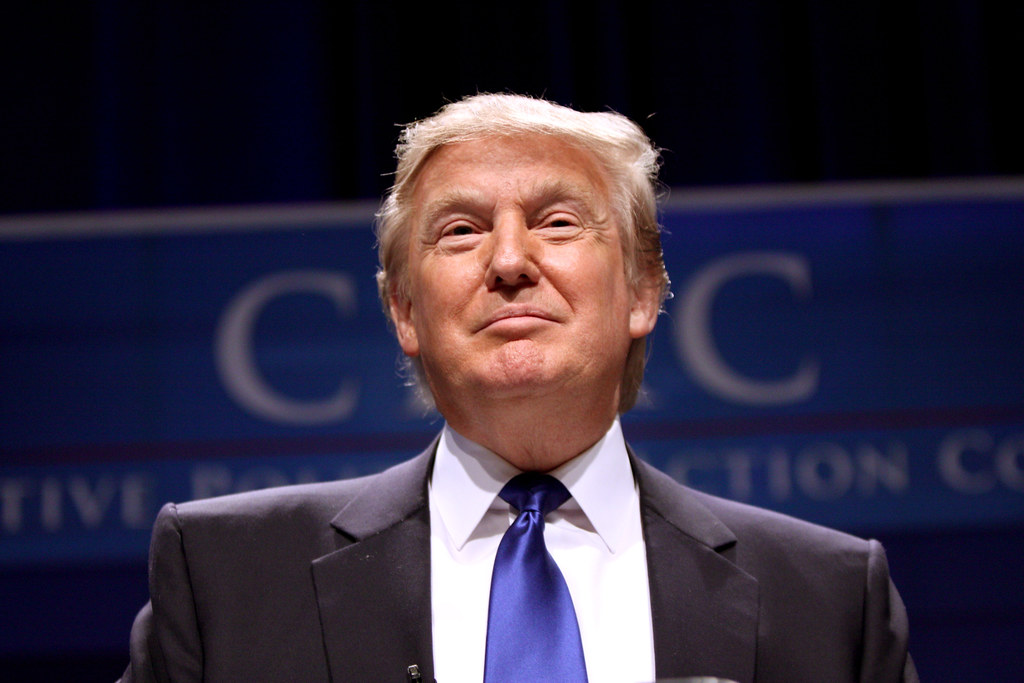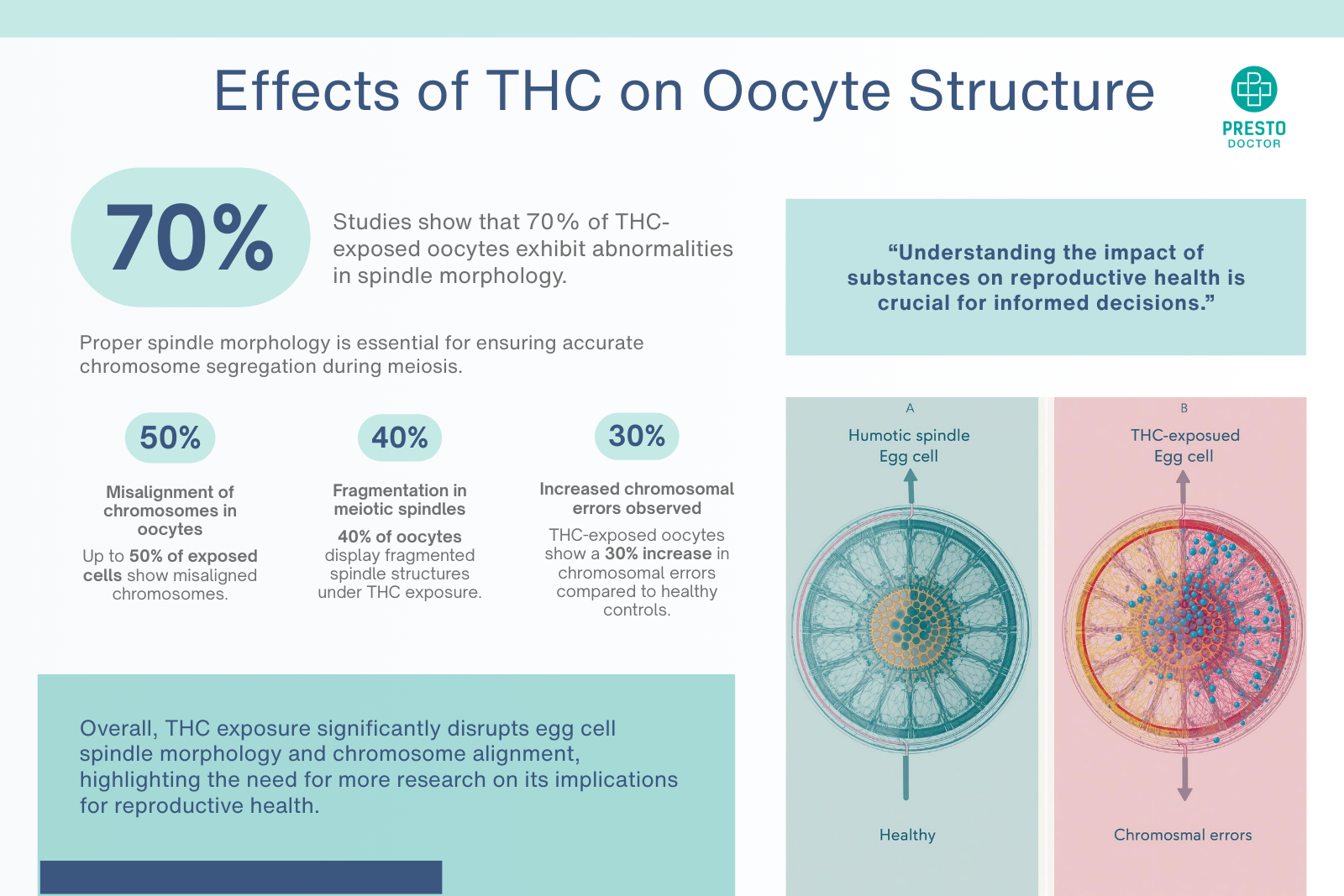
With the 2024 elections on the horizon, many people are wondering what may happen with medical and recreational cannabis. Kamala Harris’s stance on marijuana has evolved significantly over the years. This is a reflection of both shifts in public sentiment and her adaptation to the changing political landscape. This evolution has drawn both support and criticism, underscoring the complexities and contradictions in her record on this issue.
Early Career and Tough-on-Crime Approach
During her tenure as District Attorney of San Francisco (2004-2011) and California Attorney General (2011-2017), Kamala Harris was notable for her tough-on-crime stance. This included a firm approach to drug-related offenses. Notably, she opposed the 2010 California ballot measure that sought to legalize recreational marijuana. Under her leadership, the San Francisco DA’s office prosecuted nearly 2,000 marijuana-related cases. However, contrary to the broader narrative, only a small fraction of those convicted were actually sent to state prison—45 individuals, to be precise. This contrasts with the narrative promoted by some critics, including former President Donald Trump, who has claimed the number of Black people Harris allegedly incarcerated for marijuana offenses (Cannabis Culture, Marijuana Moment).
Shifts Toward Reform
Harris’s views on marijuana began to shift during her time as a U.S. Senator, where she took a more progressive stance on cannabis reform. She co-sponsored several significant pieces of legislation aimed at decriminalizing marijuana at the federal level. One of the most notable is the Marijuana Opportunity Reinvestment and Expungement (MORE) Act, which seeks to expunge certain cannabis-related convictions and address racial disparities in drug law enforcement. Harris’s evolution on this issue represents a broader shift within the Democratic Party, which has increasingly embraced cannabis reform as public support for legalization has grown. (Marijuana Moment, Hemp Gazette).
Current Advocacy and Vice Presidential Actions
As Vice President, Harris has continued to advocate for cannabis reform, reflecting her commitment to addressing the injustices associated with the War on Drugs. She has been particularly vocal about the need to reschedule marijuana from its current classification as a Schedule I drug. Schedule I is a category that includes substances deemed to have no medical use and a high potential for abuse. This includes drugs like heroin. Harris has described this classification as “absurd” and has urged the Drug Enforcement Administration (DEA) to expedite the rescheduling process. (Marijuana Moment, The Cannabis Watcher).
Criticism and Perceptions of Flip-Flopping
Despite her recent advocacy, Harris has faced accusations of flip-flopping on the issue of marijuana. Critics argue that her current support for cannabis reform is inconsistent with her earlier actions as a prosecutor. As a prosecutor, she opposed legalization and oversaw numerous marijuana-related prosecutions. This perceived inconsistency has led to broader questions about her political convictions and whether her shifting positions are more reflective of changing political winds than of genuine belief. This criticism has been a point of contention in both the media and among her political opponents. (Marijuana Moment, The Cannabis Watcher).
Former President Donald Trump has particularly focused on this aspect of Harris’s record. Trump has accused her of disproportionately targeting Black communities during her time as a prosecutor. While Trump’s claims have been shown to be exaggerated, they highlight how Harris’s prosecutorial past continues to influence perceptions of her. This is especially true as she positions herself for the 2024 presidential race. (Cannabis Culture).
Conclusion
Kamala Harris’s journey on marijuana policy is emblematic of her broader political evolution, transitioning from a tough-on-crime prosecutor to a leading advocate for cannabis reform. While her current stance aligns with the growing public and political support for marijuana legalization, her past actions continue to fuel debate about her consistency and motivations. As the 2024 presidential election approaches, Harris’s record on marijuana will likely remain a significant topic of discussion and scrutiny, shaping both her campaign and public perception. (Marijuana Moment) (Marijuana Moment).
For further reading, you can explore the detailed analysis provided by the Associated Press here.
Disclaimer:
This article aims to provide a comprehensive and unbiased overview of Kamala Harris’s stance on marijuana. It includes information from a variety of sources, representing multiple perspectives, to give readers a well-rounded understanding of her evolving position on this issue. The intent is not to advocate for or against any particular viewpoint but to present the facts as they are. Readers are encouraged to review the sources cited and to form their own opinions based on the information provided.






